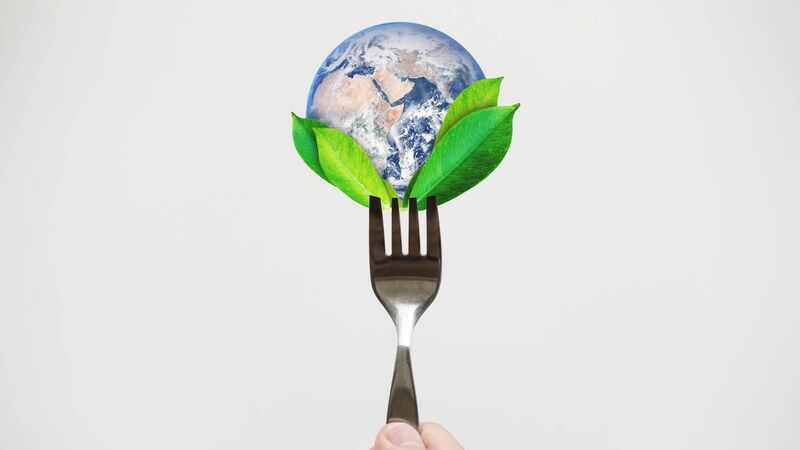Irish Examiner View: The black art of greenwashing

The food production sector seems focused on short-term objectives rather than long-term consequences.
One of the frustrations faced by the growing number of people trying to behave in a more environmentally responsible way is a sense of powerlessness. Many individuals, families, firms, and maybe even small countries feel that no matter what they do, no matter how they modify their behaviour they will have little enough impact on averting climate change.
That frustration is deepened by firms who misrepresent their products in a way that suggests they are more compatible with environmental responsibility - greenwashing - than they actually are. This behaviour has become so commonplace that EU regulators have promised to confront this misleading swizz.













